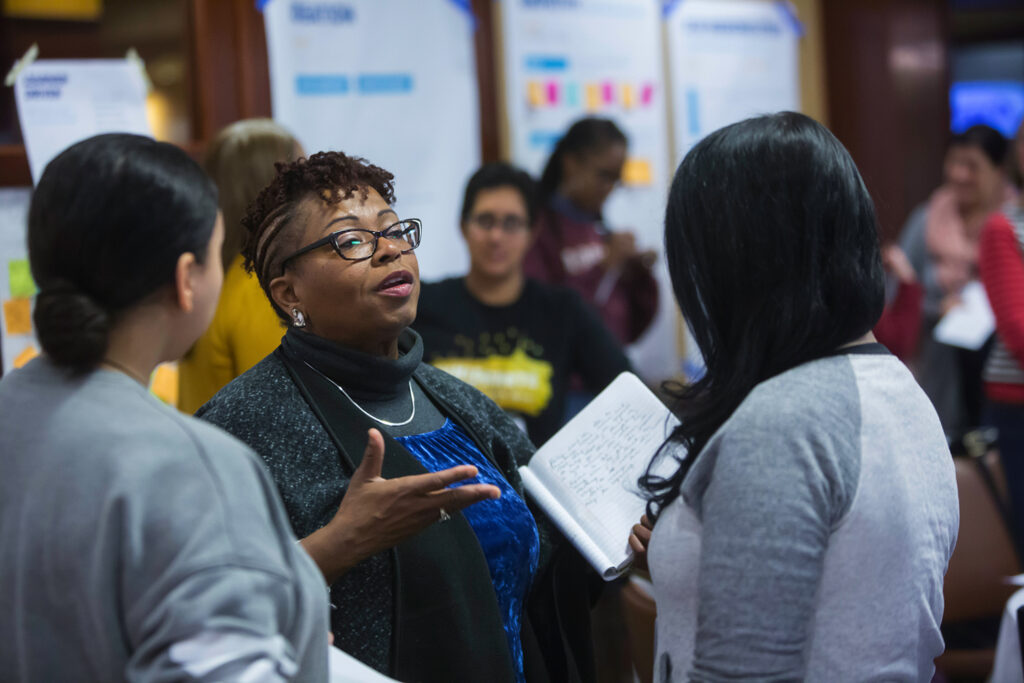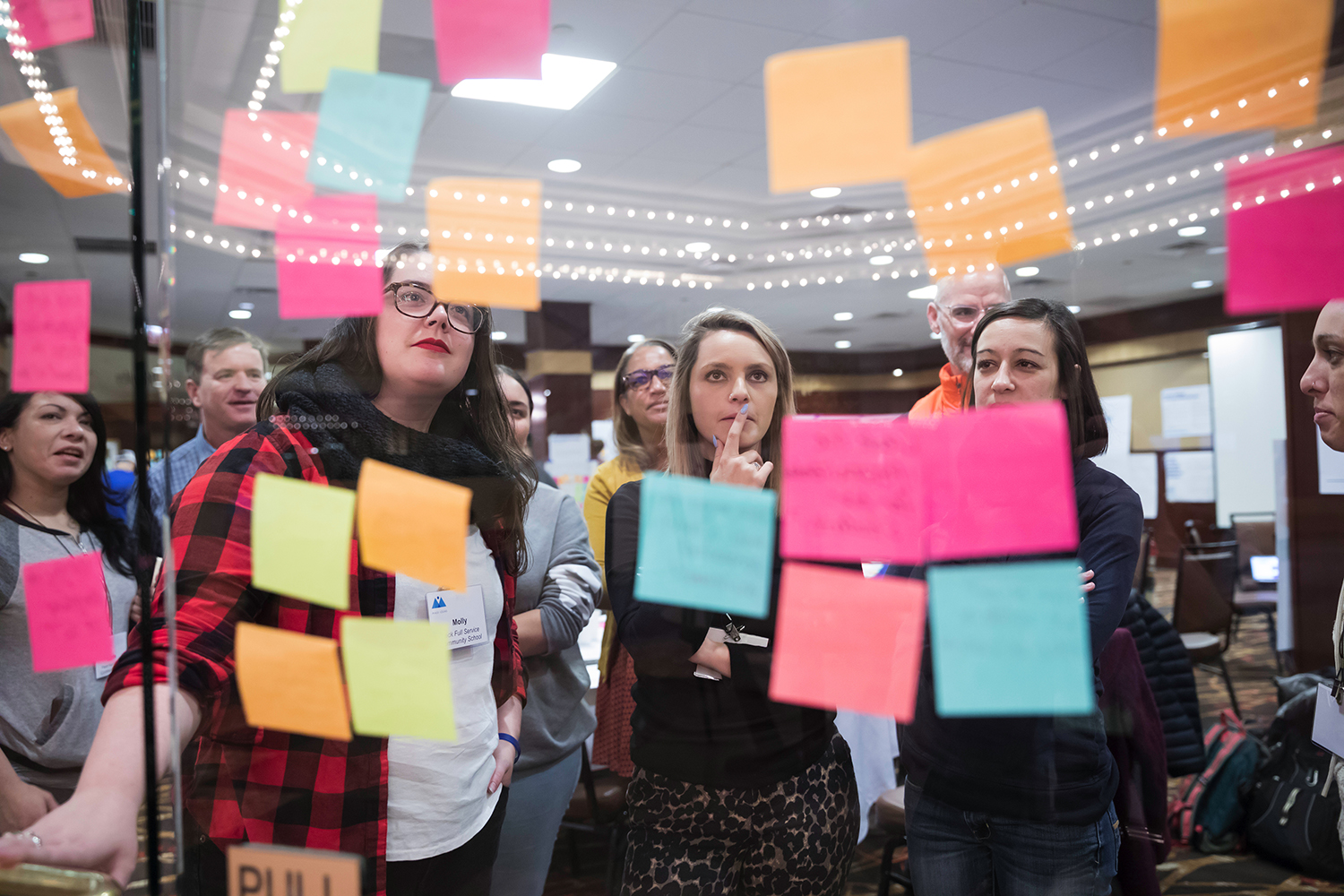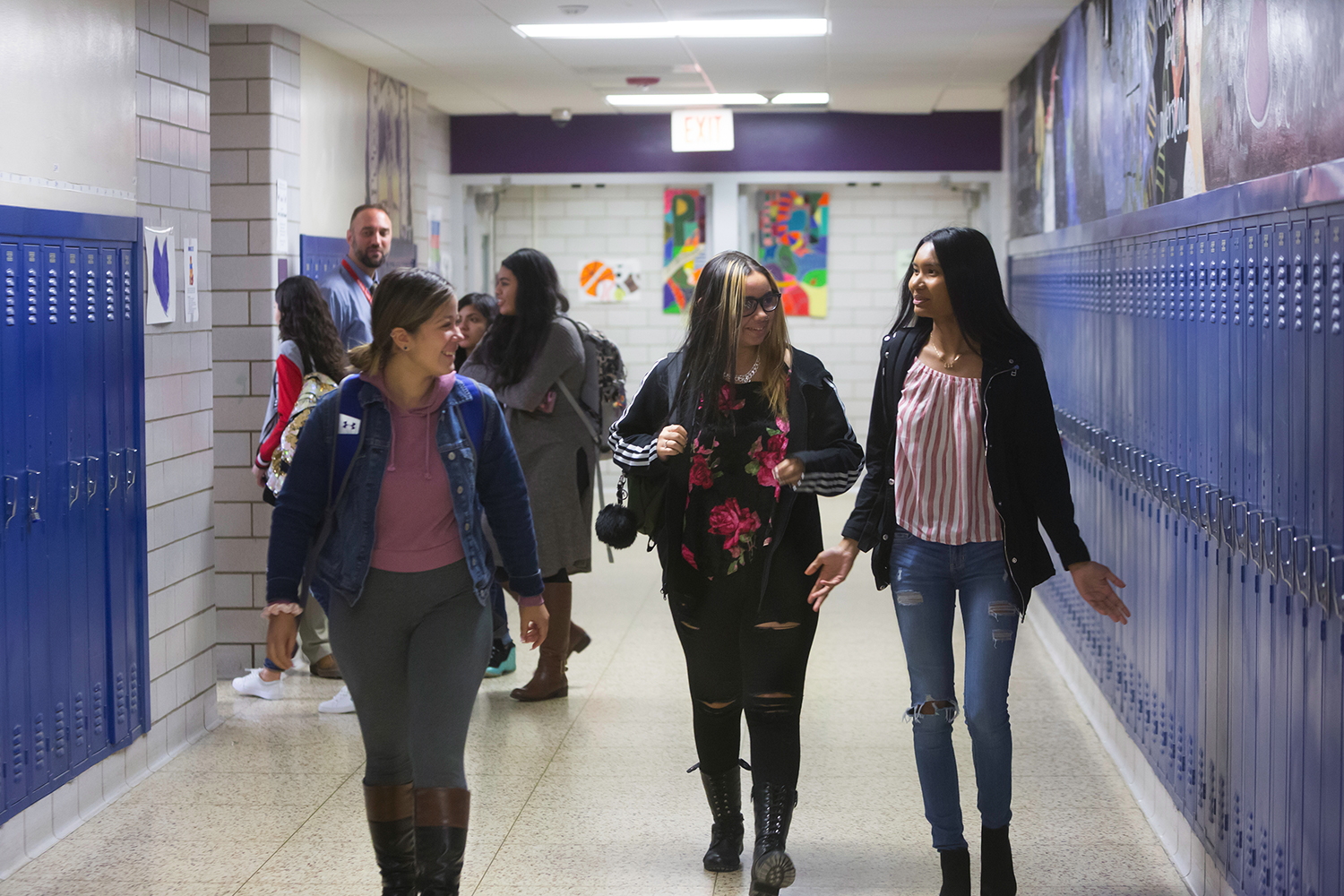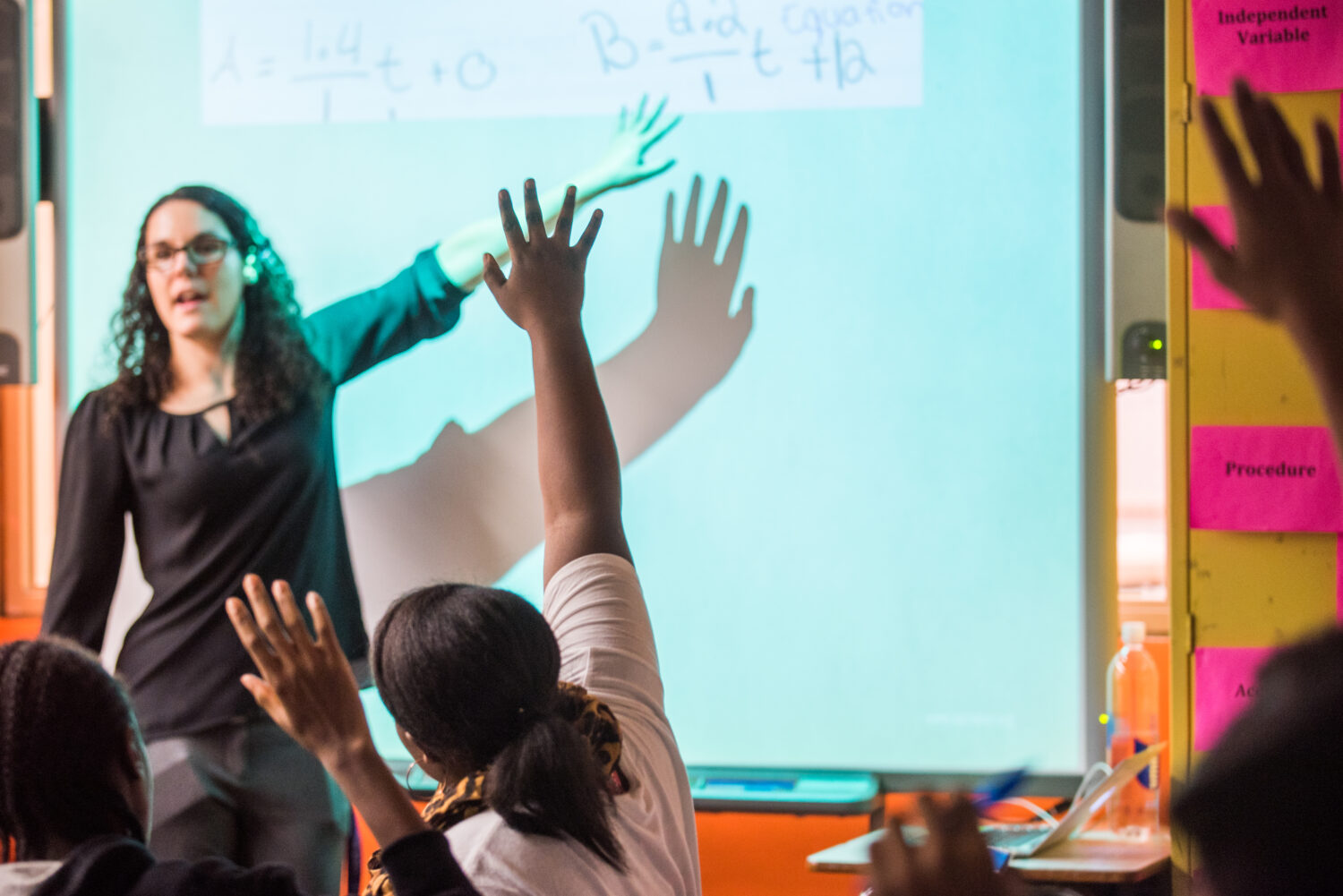We are in an important era, which implicates the state’s role in maintaining the requirements and promise of public education. In November 2024, Massachusetts voters chose to stop requiring high school students to pass the 10th grade MCAS in order to graduate. This decision left Massachusetts as one of just two states without any statewide graduation requirement, opening up increased variation from district to district on the meaning of a high school diploma. This growing variation of local graduation expectations – coupled with the absence of a state graduation policy guardrail – surfaces a significant concern of widening student outcome disparities.
Recognizing this challenge, in January 2025 Governor Healey announced the creation of the Massachusetts K-12 Graduation Council to help the state establish new state graduation requirements. I am honored to serve as a member of the Council alongside 32 others under Secretary of Education Patrick Tutwiler’s leadership.
Exploring what we can learn from other states
To support the work of the Council, and to help as many young people, families, community leaders, and advocates weigh in on what these requirements could look like, we at Barr commissioned Bellwether to examine available research on the implementation and impact of high school graduation policies in other states.
We are pleased to publicly share the results of the Bellwether research to help us learn from other states’ experiences. While available research is not as conclusive as we might hope, we believe the available findings will help inform ongoing conversations, and ultimately thoughtful decision-making.
Ongoing conversations and considerations
I had the opportunity to reflect on these findings alongside Council members as well as additional state, district, school, and nonprofit leaders who bring a wide range of experiences and expertise in education leadership, state and district policy, and family and community perspectives – and a deep commitment to Massachusetts’ students. After reviewing the insights from the national research, the group shared a range of perspectives that point to four overarching questions:
1. What are the baseline expectations we want for all students so that all options and opportunities are available to them after high school?
Other states’ experiences suggest that different diplomas or diploma pathways can result in disparities along the lines of race and class. For example, Bellwether’s research showed that after establishing multiple pathways to graduation, both Washington and Nevada saw increased graduation rates. Both, however, also saw big differences in pathway completion rates between students of different racial/ethnic groups, with students of color being less likely to complete the most academically rigorous options. How might we balance flexibility with ensuring high expectations for all students?
2. What types of graduation requirements are most appropriate at the state vs. local level?
Some requirements are better suited to serve as a statewide guardrail, while others are more appropriate to help drive local district and school priorities. One example of a graduation requirement that could be implemented locally is student performance-based portfolios (a collection of a student’s work samples), which require intensive implementation by adults and substantial time and resources to validate quality and alignment with equity goals. We have heard teachers and education leaders caution that this type of graduation requirement does not translate well to a state level. To promote equity and excellence, we need to ensure that state requirements can be achieved with quality and in ways that allow comparison of results across the state.

3. How do we ensure that requirements meaningfully measure student achievement, not just participation?
The Bellwether research cites that Massachusetts is one of four states that do not have high school course taking requirements. Our partners shared that as we consider what types of experiences we want all high school students to have, including potentially course taking requirements, we must also consider how to ensure that those experiences are quality ones that result in student achievement. In our experience working closely with high schools across New England, the lack of quality student experiences is one of the biggest barriers to advancing equitable student success. Focusing on measuring student outcomes is one area where state leadership could be most impactful to surface these quality gaps.
4. What is our commitment to supporting strong policy implementation to promote success across all student groups?
Across Bellwether’s findings, the importance of support to meet graduation requirements came up time and again. For example, schools and systems will likely need additional financial resources and access to expertise to align with state requirements and ensure that all students are successfully able to meet them. Our partners have reflected that any policy is only as strong as the quality of implementation. It will be crucial from the onset to consider a long-term, sustainable implementation strategy regardless of the policy.
Opportunities for input
At Barr, we are committed to supporting the conversation and our collective learning in order to have the strongest possible policy for the Commonwealth. As a member of the Massachusetts Graduation Council, I am personally eager to continue grappling with these questions as we continue to study the opportunity and prepare to make recommendations on a new statewide graduation requirement. This is an important moment in determining the state’s role in stewarding the requirements and promise of public education. Governor Healey wants to gather input from as many Massachusetts residents as possible, and I invite you to share your input via one or more of the following opportunities:
- Participating in a Statewide Graduation Council virtual listening session on Wednesday, June 25 from 5-7pm (general public) or the session specifically for students on Monday, June 30 from 5-6pm
- Responding to the Statewide Graduation Council survey, open until June 30, 2025
- Sharing your input with me, including on the four questions described above, via an email to Education@barrfoundation.org by August 1, 2025




